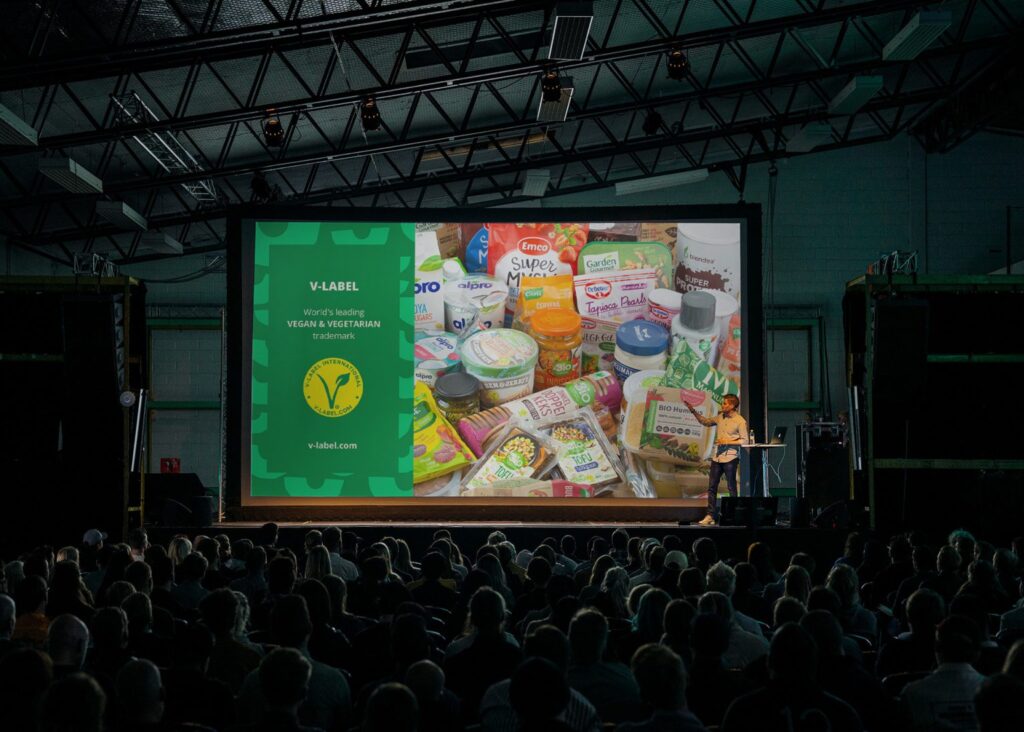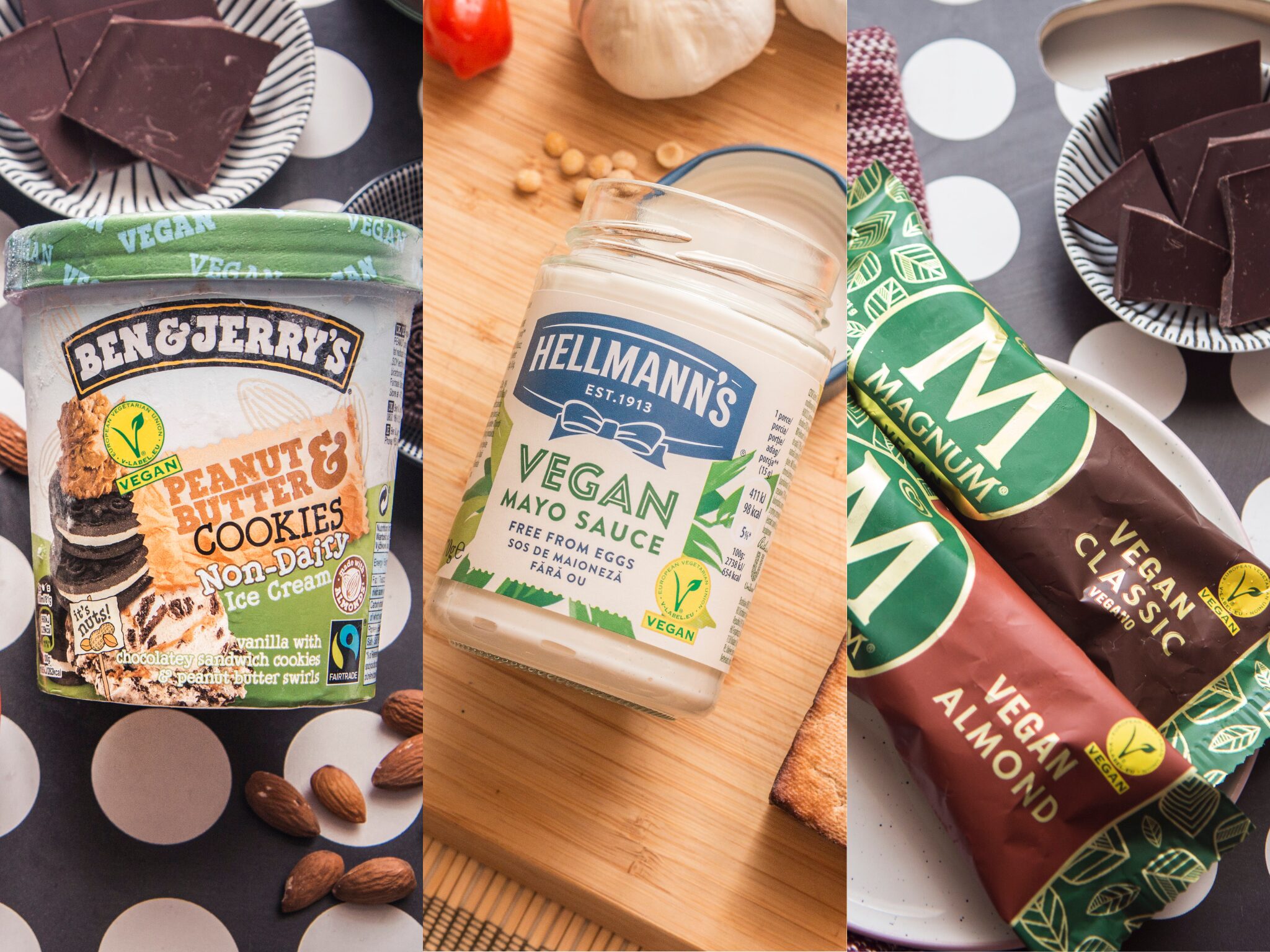4 Mins Read
Certification body V-Label has now accredited more than 70,000 products from 4,800 companies globally, reaching an all-time record.
V-Label – the international vegan and vegetarian certification mark – now has more products sporting its logo than any other alternative protein label.
As of this week, it has certified over 70,000 products as vegan or vegetarian, surpassing The Vegan Society’s Vegan Trademark (said to be on 65,000+ items, although these are exclusively plant-based).
The number of licensees has also reached an all-time high, with 4,800 companies now holding licences from V-Label and its 37 local partner organisations.
It means that since January 2023, the number of V-Label certifications has spiked by 40%, while 11% more companies now have a licence. “We are thrilled to see such a substantial increase in the number of certified products and our licensee base,” said V-Label founder Renato Pichler.
“This milestone is a confirmation of our dedication to providing easy-to-understand and transparent information to consumers worldwide,” he added.
Martin Ranninger, co-director of V-Label International, told Green Queen: “The first licensing took place already in 1996. With the growth of the industry and consumer interest, there have never been as many vegan and vegetarian options. Our growth is fuelled by the work of 30+ local partner organisations.”
How companies get the V-Label

Backed by the European Vegetarian Union, V-Label was introduced in 1995 in Switzerland, and has been a recognised seal for vegan and vegetarian products across various industries, including food and beverage, cosmetics, household items, and other non-food categories.
“The majority of our licensed products are food and beverage products,” said Ranninger. “We, however, see a growing trend in the cosmetics and cleaning products industry.”
Apart from being a guide for grocery shoppers, it has also provided expertise in quality management, food technology, chemistry, cosmetology and marketing.
And last year, it redesigned the two seals to better differentiate between vegan and vegetarian products. While both logos were virtually identical before – a yellow circle with a green V – now, the vegetarian label features a green background with a yellow V.
Companies need to undergo a standardised process to obtain the label. This includes the application, submission of documents, a licence contract, verification, and other steps.
“We always license a specific product, and we do not award licence certificates for whole companies or brands. If an application is successful, the producer receives a licence certificate and may use the label on product packaging, promotional materials, etc.,” explains Ranninger.
“The license is usually awarded for 12 months and needs to be renewed afterwards. The price is set by the local partner organisation and depends on several factors, such as the size of the producer, the complexity of the products, etc.”
Private-label brands signal V-Label’s success

Ranninger credits V-Label’s supermarket partnerships as part of the reason for the certification’s success: “The growth is definitely supported by our excellent relationships with the majority of European retailers, which license their private-label products with us.” More than 25 own-label brands from leading European grocers carry the label.
“The highest number of certifications will be among several retailers who have licensed their private-label products,” Ranninger revealed. “Edeka, Aldi, Lidl, Coop, Tesco, Rewe, Carrefour, and Migros are some of the retailers that we work with internationally.”
While V-Label is on more products than ever before, labelling battles for plant-based products have raged on globally. Within Europe, it has partner organisations in 23 of the 27 EU member states. But the bloc still doesn’t allow plant-based dairy packaging to feature words like ‘milk’, ‘yoghurt’ or ‘cheese’. Similar restrictions exist (for meat analogues as well) in numerous parts of the world.
“The ongoing attempts to introduce further restrictions on the labeling of plant-based products is driven by industry interests. Consumers are increasingly asking for healthier and more sustainable products, which is exactly what plant-based products can help them with,” said Ranninger.
“We do not think that policymakers should be making consumers’ lives more difficult. Put simply, consumers are not stupid and they know when they buy a veggie burger or soy milk what they are buying. Furthermore, we do not think that policymakers should not be acting on the vested interests of the animal agriculture lobby.”



